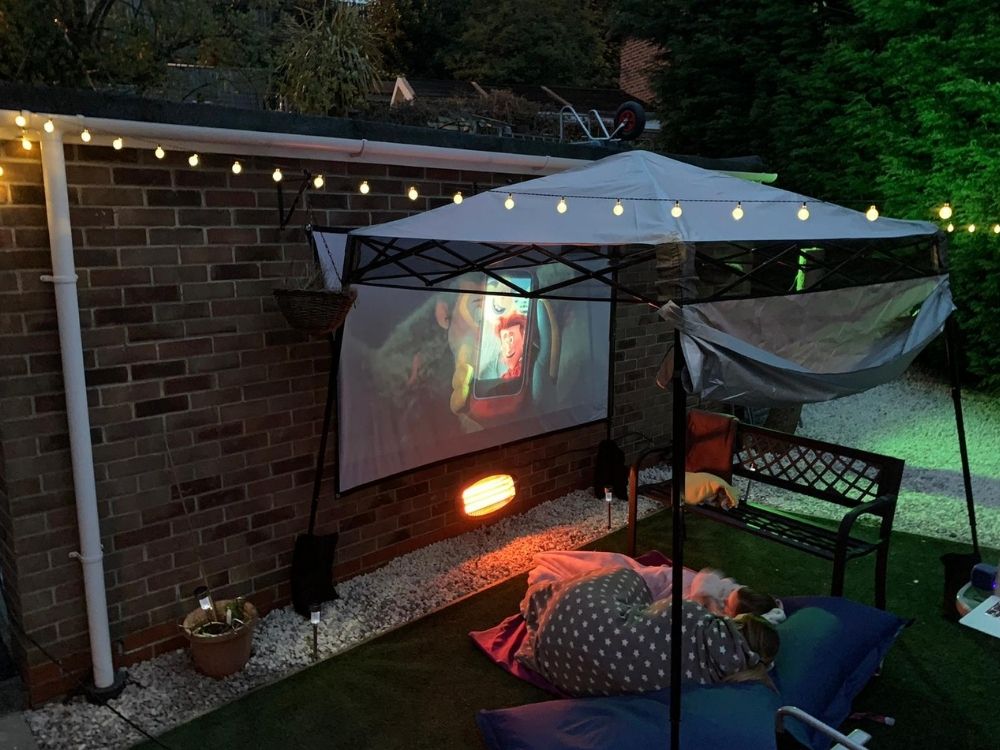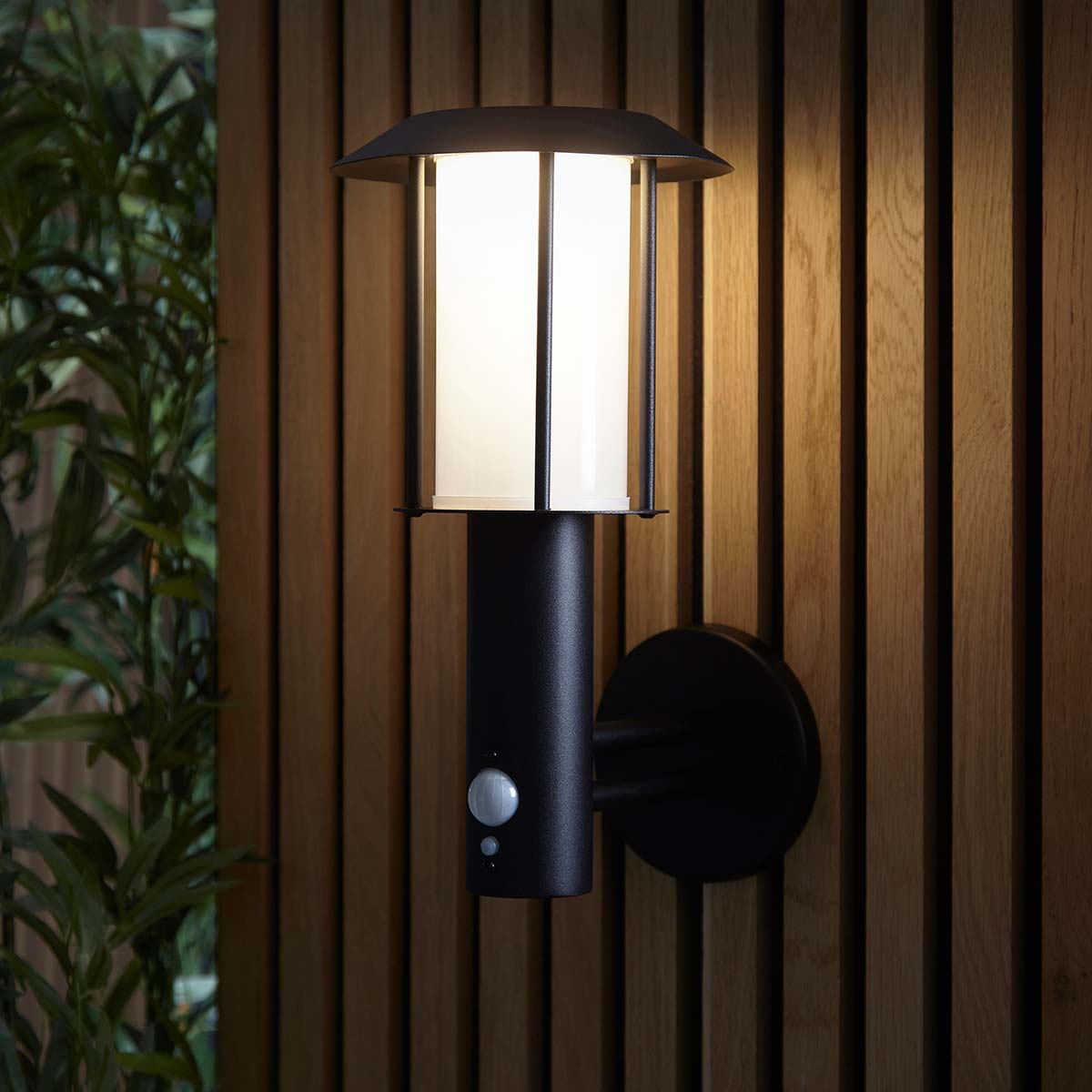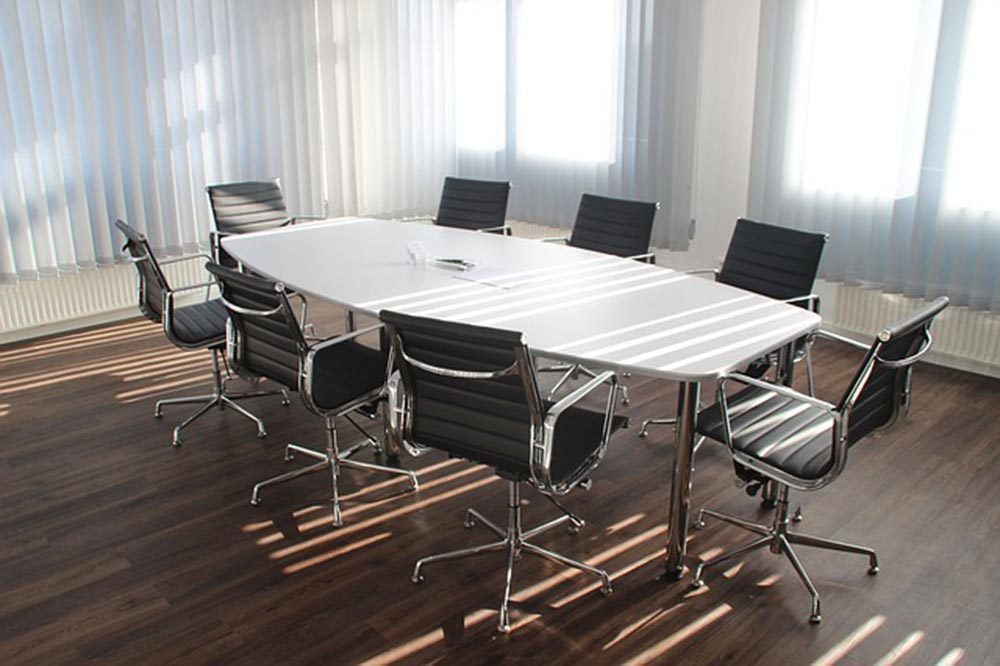
Which Wood is Best For a Garden Bench?
This is a collaborative post
Creating an inviting outdoor space is a priority for many homeowners, and a well-crafted garden bench can serve as a beautiful and functional addition to your garden or patio area. However, choosing the right wood for your garden bench is key to ensuring its longevity, durability, and aesthetic appeal. But with so many options available, it can be overwhelming to choose the perfect wood that suits your needs and preferences. In this guide, we will go over different factors to consider when choosing a wooden garden bench so you can make an informed decision.

Importance of choosing the right wooden garden bench
Investing in a garden bench is not only about adding a stylish seating option to your outdoor space but also about ensuring its longevity and resistance to the elements. The right wood choice can make a significant difference in the bench’s ability to withstand harsh weather conditions, pest infestations, and general wear and tear. Selecting the appropriate wood can also enhance the overall aesthetic appeal of your garden, complementing the surrounding landscape and architectural style.
Popular types of wood for garden benches
Teak is a highly sought-after wood for garden furniture, including garden benches, due to its exceptional durability and weather resistance. This dense, oily wood is naturally resistant to rot, insects, and moisture, making it an excellent choice for outdoor applications. Teak benches age gracefully, developing a beautiful silver-grey patina over time, adding character and charm to your garden.
Cedar is another popular choice for garden benches, known for its natural resistance to moisture, decay, and insects. This lightweight and aromatic wood is easy to work with and offers a warm, reddish-brown hue that complements various outdoor settings. Cedar garden benches can last for decades with proper care and maintenance, making them a worthwhile investment for your outdoor space.
Redwood is a naturally weather-resistant and durable wood that is often used for outdoor furniture, including garden benches. Its rich, reddish-brown colour and straight grain pattern provide a classic and timeless look. Redwood benches are known for their longevity and resistance to rot, making them a reliable choice for outdoor seating.
Acacia, also known as Australian Blackwood, is a dense and durable hardwood that is gaining popularity for outdoor furniture. Its rich, dark brown colour and intricate grain pattern make it an attractive choice for garden benches. Acacia is highly resistant to rot, insects, and moisture, ensuring long-lasting performance in outdoor environments.
Recommended wood types for different climates and environments
Different wood types perform better in certain climates, ensuring optimal durability and longevity. Below are some recommendations based on various climates and environments:
Coastal or marine environments
Teak is an excellent choice due to its exceptional resistance to salt, air and moisture. Cedar and redwood are also suitable options for coastal areas.
Hot and humid climates
Teak, Cedar, and Acacia are well-suited for hot and humid conditions as they are naturally resistant to moisture and decay.
Dry and arid climates
Redwood and cedar are good choices, as they are less susceptible to cracking and splitting in dry conditions. Teak is also a durable option in arid climates.
Temperate and mild climates
All of the mentioned wood types can perform well in temperate and mild climates with proper maintenance.
Cost considerations when selecting wood for your garden bench
While the quality and durability of the wood are essential factors for a garden bench, cost is also an important consideration when selecting the right wooden garden bench. Teak is often considered one of the most expensive options for outdoor furniture due to its exceptional durability and limited availability, with high-quality teak benches commanding a premium price. In contrast, cedar offers a mid-range price point, balancing affordability and durability. Prices for cedar may vary depending on the specific type used.
Redwood is generally moderately priced, offering a good balance between cost and quality, with prices fluctuating based on the source and availability of the wood. Acacia, on the other hand, is relatively affordable compared to other hardwoods, making it an attractive option for those on a budget. As with redwood, acacia prices may vary depending on the supplier and wood quality.
Choosing the right wooden garden bench is a crucial decision that can significantly impact the overall aesthetics, durability, and longevity of your outdoor seating area. In most cases, investing in high-quality wood and proper maintenance can ensure that your garden bench remains a stunning and functional addition to your outdoor space for years to come.
Whether you opt for the timeless elegance of teak, the warm hues of cedar, the classic charm of redwood, or the rich tones of acacia, each wood type offers its own unique characteristics and benefits.





